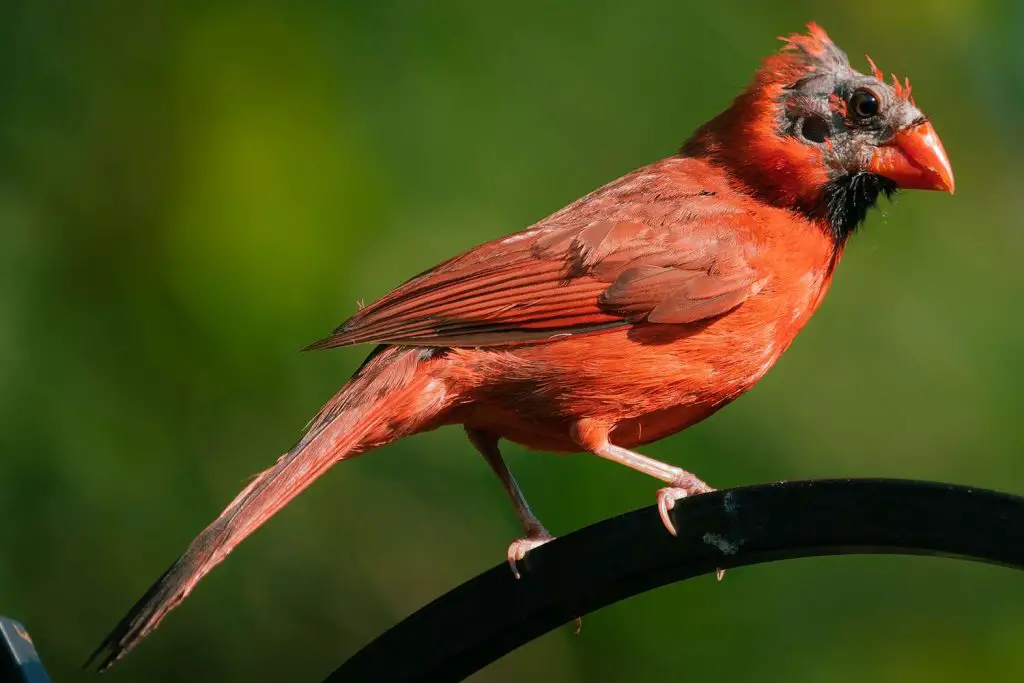As a bird owner, it can be distressing to see your feathered friend feeling unwell. But don’t worry – with the right care and attention, many common bird illnesses can be treated at home. In this guide, we’ll walk you through everything you need to know about how to treat a sick bird at home.

Common Bird Illnesses
Birds can suffer from a range of illnesses, some of which are more common than others. Here are a few of the most common bird illnesses to look out for:
Respiratory Infections
Respiratory infections are a common problem for birds, especially during the winter months. Symptoms can include sneezing, wheezing, coughing, and difficulty breathing. If your bird is showing signs of a respiratory infection, it’s important to act quickly to prevent the infection from worsening.
Digestive Issues
Birds can also suffer from a range of digestive issues, including diarrhea, vomiting, and constipation. These issues can be caused by a range of factors, including poor diet, stress, and bacterial infections.
Parasites
Parasites such as mites and lice can also cause health problems for birds. If your bird is scratching excessively or has bald patches, it may be a sign of a parasitic infestation.
Wounds and Injuries
Birds are prone to a range of injuries, including broken wings, cuts, and bruises. If your bird has been injured, it’s important to provide immediate care to prevent further damage.
How to Treat a Sick Bird at Home
If you suspect that your bird is sick, the first step is to isolate them from other birds to prevent the spread of illness. Once your bird is isolated, you can begin to administer treatment. Here are a few tips on how to treat a sick bird at home:
Provide a Warm and Comfortable Environment
Sick birds need a warm and comfortable environment to help them recover. Keep your bird in a quiet, dark room with a temperature of around 80°F. Provide a soft and comfortable bed, such as a towel or blanket, and ensure that your bird has access to plenty of fresh water.
Administer Medication
Depending on the nature of your bird’s illness, you may need to administer medication. It’s important to follow the instructions carefully and only use medication that has been prescribed by a veterinarian.
Offer Nutritious Food
Sick birds may not have much of an appetite, but it’s important to offer them nutritious food to help them recover. Soft foods such as cooked rice, scrambled eggs, and baby food can be easier for sick birds to eat. You can also offer fresh fruits and vegetables, such as grated carrots and chopped apples.
Keep the Environment Clean
It’s important to keep your bird’s environment clean and hygienic to prevent the spread of illness. Clean the cage and accessories regularly, and remove any feces or uneaten food promptly.
FAQs
How do I know if my bird is sick?
Signs of illness in birds can include lethargy, loss of appetite, difficulty breathing, and changes in behavior.
Can I give my bird over-the-counter medication?
No, you should never give your bird over-the-counter medication without first consulting a veterinarian.
Can I use essential oils to treat my sick bird?
No, essential oils can be toxic to birds and should never be used to treat illnesses.
What should I do if my bird’s condition doesn’t improve?
If your bird’s condition doesn’t improve or worsens despite your best efforts, it’s important to seek veterinary care as soon as possible.
How often should I clean my bird’s cage?
It’s important to clean your bird’s cage regularly to maintain a clean and healthy environment. Depending on the size of the cage and the number of birds you have, you may need to clean the cage once a day or every few days.
At a minimum, the cage should be cleaned once a week, with a full scrub-down and disinfecting at least once a month. Be sure to replace any old or soiled bedding and remove any uneaten food or feces promptly to prevent the spread of illness.
